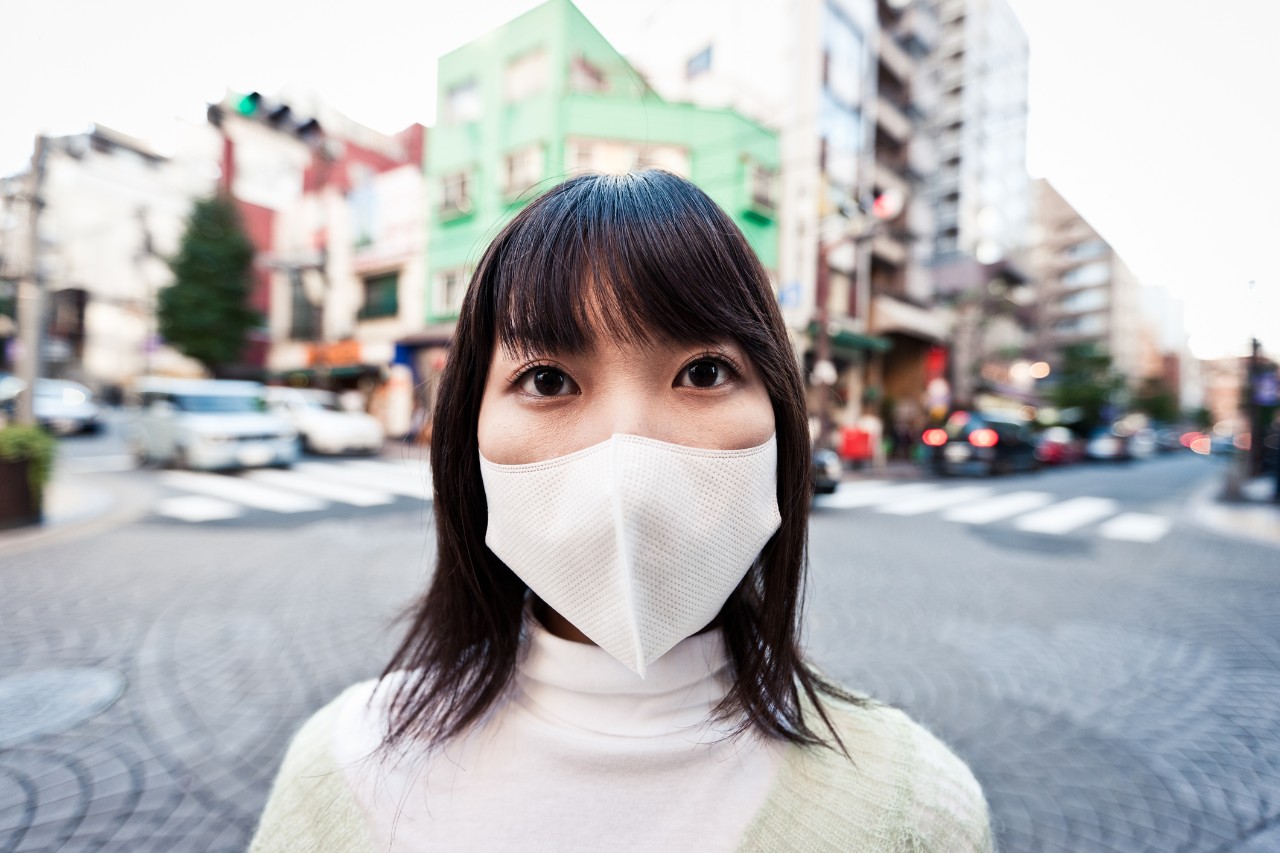Then, on April 3, the Centers for Disease Control said that people should start using “cloth face coverings fashioned from household items or made at home from common materials … as an additional, voluntary public health measure.”
It was becoming apparent the coronavirus was being carried around by a great many people who show no symptoms of illness yet may be spreading it by the simple act of breathing.
The authorities pointed out that while cloth masks didn’t do much to keep people from breathing in any close-by coronavirus, they do help to keep you from breathing or sneezing them out. And you might unknowingly be an asymptomatic carrier.
So, in April we came to understand that masks are about protecting others. They are about being a good neighbor and a good citizen.
Governors and Mayors Take Action
Governors and mayors followed suit by issuing orders. One of the first, by Los Angeles Mayor Eric Garcetti, went into effect April 10 and required all workers in “essential businesses” to wear masks and authorized those businesses to refuse service to maskless customers.
In late April, Ohio Gov. Mike DeWine issued a similar order. Workers in Ohio are generally required to wear masks, while businesses have the option of requiring customers to wear them.
Other states have begun to implement tougher measures. Starting May 6 in Massachusetts, for instance, masks are mandatory for everyone inside stores or in any “place that is open to the public” and not able to maintain a distance of six feet from other people. Anyone who violates those requirements could face a $300 fine.
Butting Up Against Old Anti-Mask Laws
These state and local actions are executive orders — not laws — but mask laws do exist. In fact, there are many of them. But they are not anything like coronavirus orders. In fact, they are the opposite. Many states — about 15 — have laws that forbid you to wear masks.
These laws have various origins. Many are anti-terrorism laws aimed at the Ku Klux Klan. One of the oldest, New York’s 1845 law, was more generally anti-criminal. That law made it illegal in 1845 to appear “disguised and armed” and was used, 166 years later, to charge masked Occupy Wall Street protesters.
So, if it’s against the law in these states to wear masks, what’s a police officer to do?
Two southern states have taken steps to guide them. In Alabama, Attorney General Steve Marshall issued a statement in April saying that state’s 71-year-old anti-mask law will not be enforced against people who wear medical masks. In Georgia, Gov. Brian Kemp signed an executive order suspending that state’s 70-year-old law.
But don’t think that criminals are keeping an eye on these developments. There have been several incidents recently involving armed robbers wearing medical masks.
Meanwhile, the rest of us must make do with following the law and the governmental guidance as best we can. So it may not be surprising then that face masks are the hot fashion accessory of the moment.
If you have to wear a mask, you might as well make the most of it.

